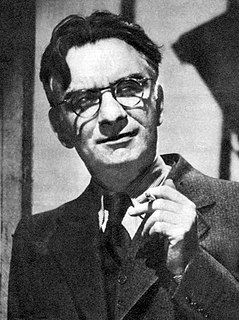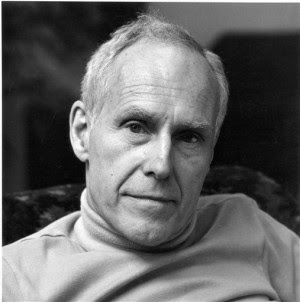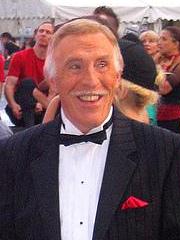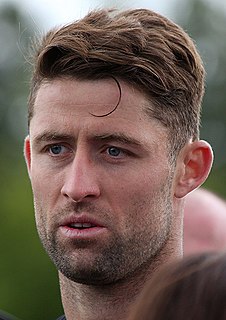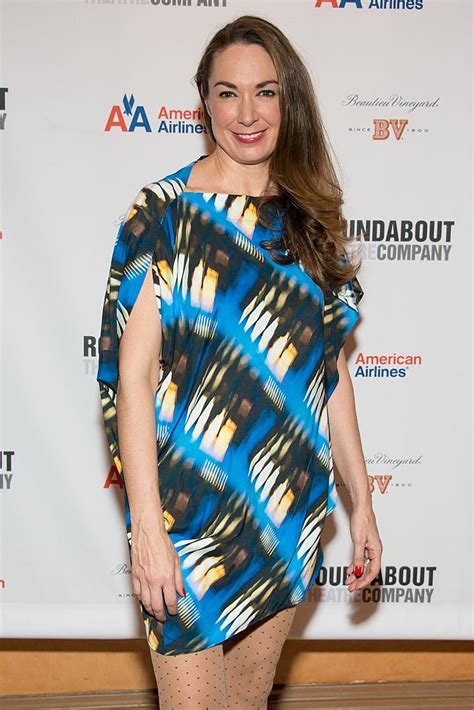A Quote by Edward Albee
My exposure to Beckett and to late O'Neill was probably important right at the time I gave up poetry and the novel.
Related Quotes
A lot of novelists start late-Conrad, Pirandello, even Mark Twain. When you're young, chess is all right, and music and poetry. But novel-writing is something else. It has to be learned, but it can't be taught. This bunkum and stinkum of college creative writing courses! The academics don't know that the only thing you can do for someone who wants to write is to buy him a typewriter.
When I was a very young student I loved and admired the work of Sam Beckett, who is famously pessimistic, and whose writing is an extraordinary examination of emptiness. I wanted to be like Beckett. I don't have the same attitude toward the world, I'm naturally optimistic, and so of course I could never be like Beckett. You can't force yourself to become like someone you admire.
I thought that if the right time gets missed, if one has refused or been refused something for too long, it's too late, even if it is finally tackled with energy and received with joy. Or is there no such thing as "too late"? Is there only "late," and is "late" always better than "never"? I don't know.
I was a violent, self-destructive teenager, who was adopted right at the end of World War II. I was lied to and abused by my parents. I hated life in Utah. I resented the Mormon Church, its sense of superiority and its certitude. I escaped through the Beat writers and discovered poetry and have devoted my entire life to the practice of poetry in varying ways. Poetry gave me a reason for being. And I'm not exaggerating when I say that.
When you've been brought up in variety, I think timing is always important in your life. If I'm ever late for anything, whether it's personal or business, I always apologise. 'I'm sorry I'm late,' and all that. And if somebody is late meeting me, I expect them to say 'I'm sorry I'm late.' It's just, shall we say, showbiz etiquette of my day.
One easy mistake to make with the first novel is to expand the short story. Some things are better as a story; you cannot dilute things into a novel. I think the first hundred pages of a novel are very important. That's where you set things up: the world, the characters. Once you've set that up, it'll be much easier.


